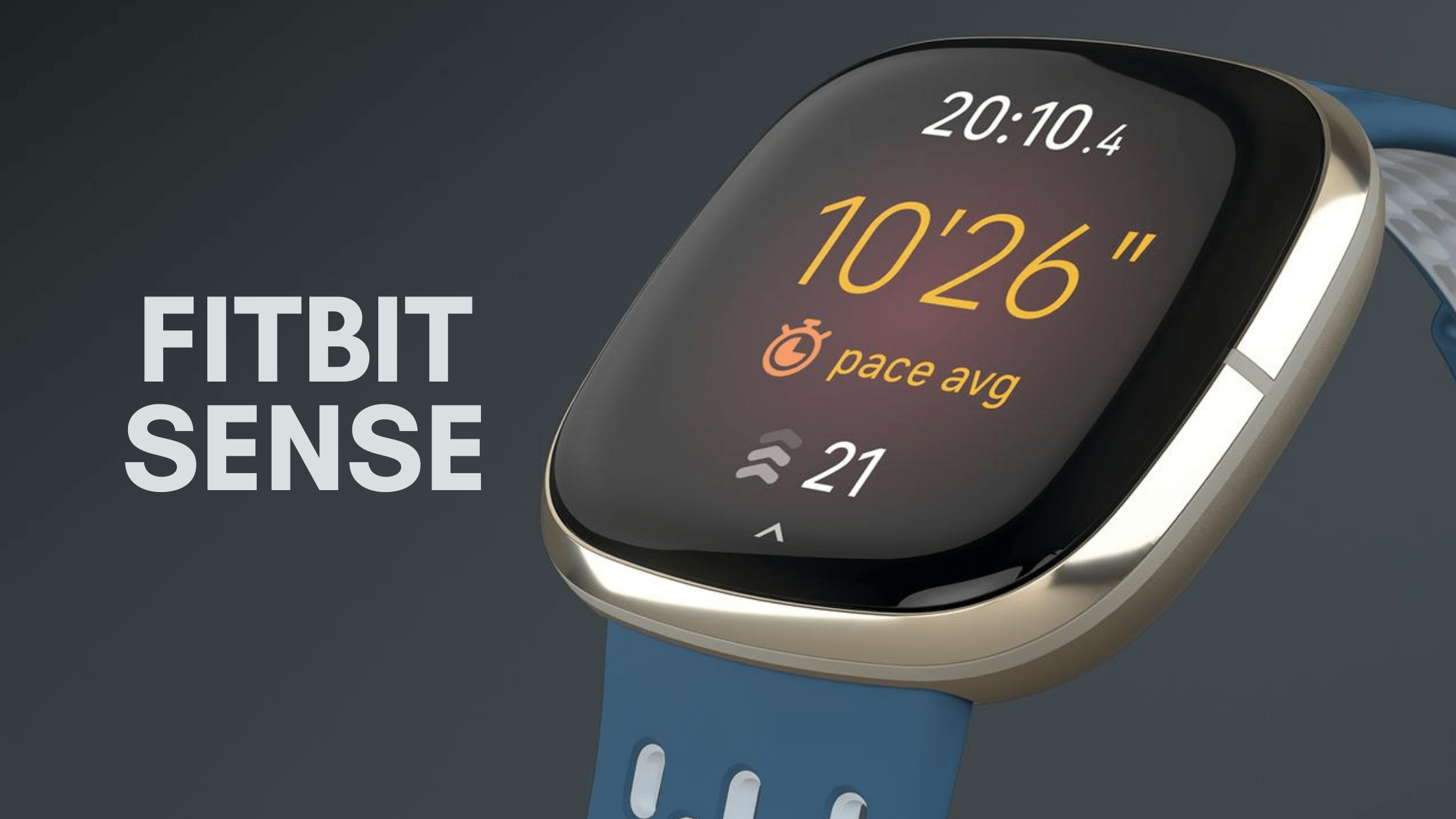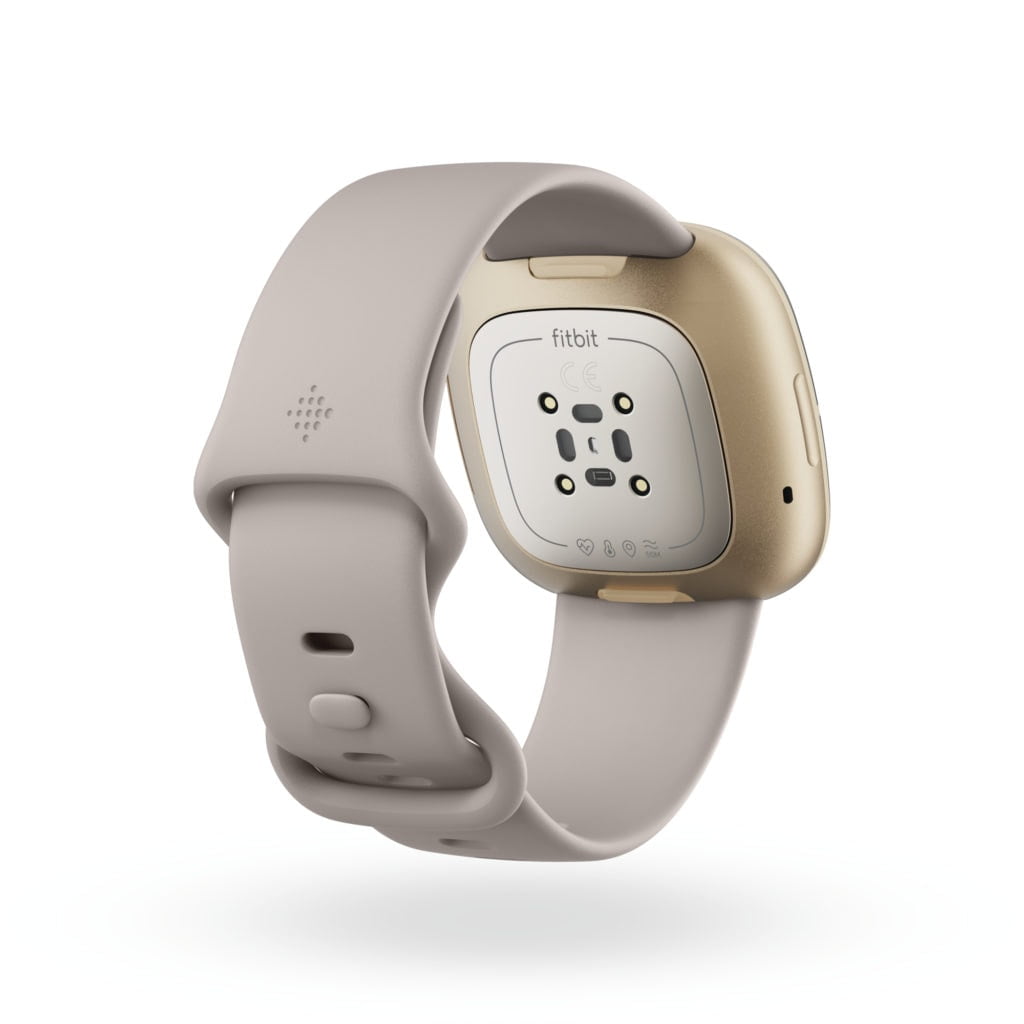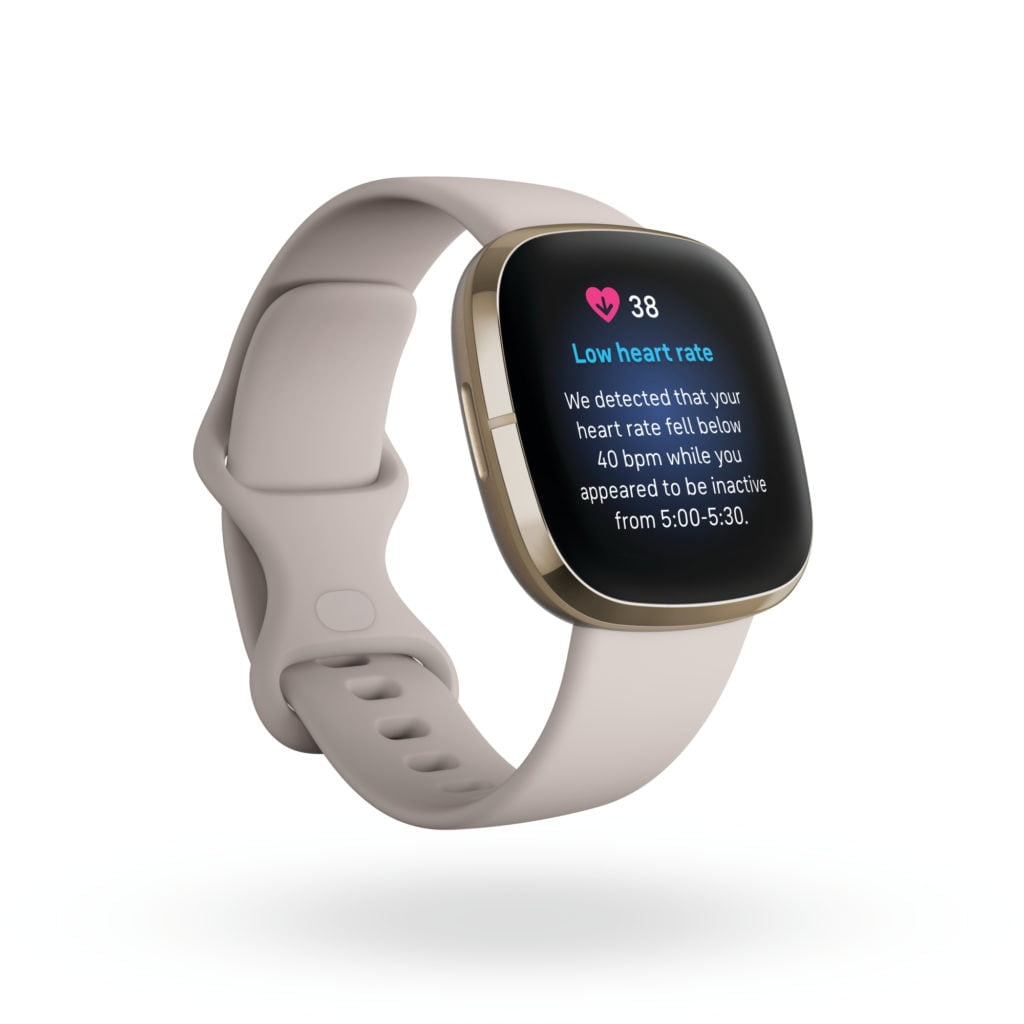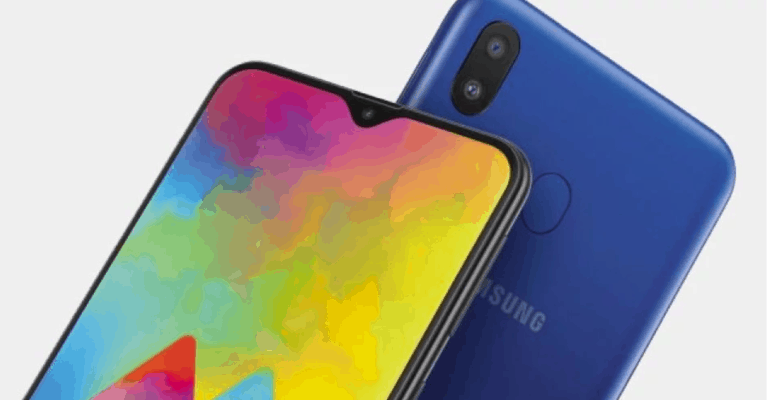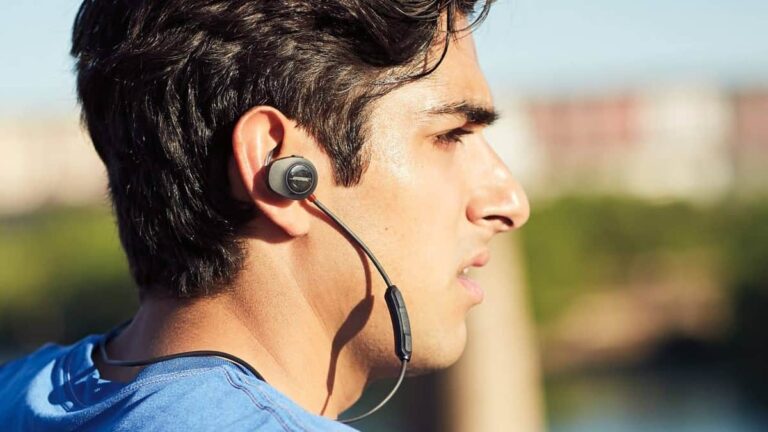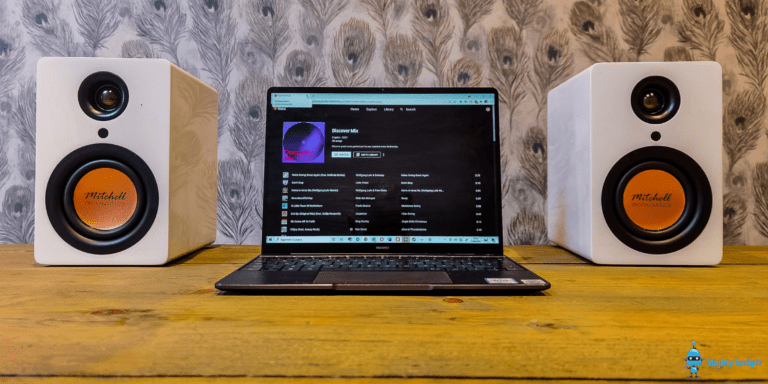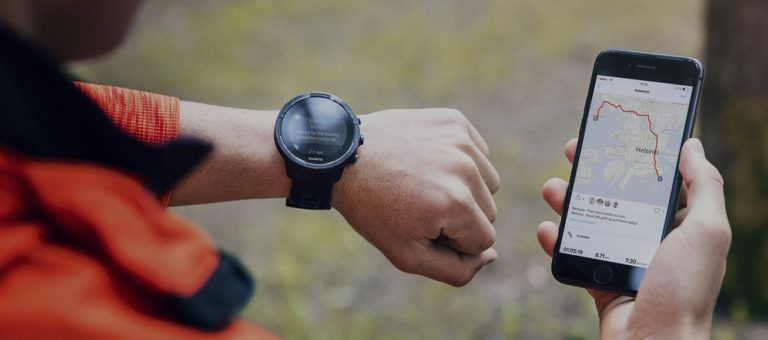Any links to online stores should be assumed to be affiliates. The company or PR agency provides all or most review samples. They have no control over my content, and I provide my honest opinion.
Yesterday Fitbit announced their latest 2 smartwatches, finally embracing built-in GPS, making them both viable alternatives as sports watches compared to many brands.
Fitbit Sense Features
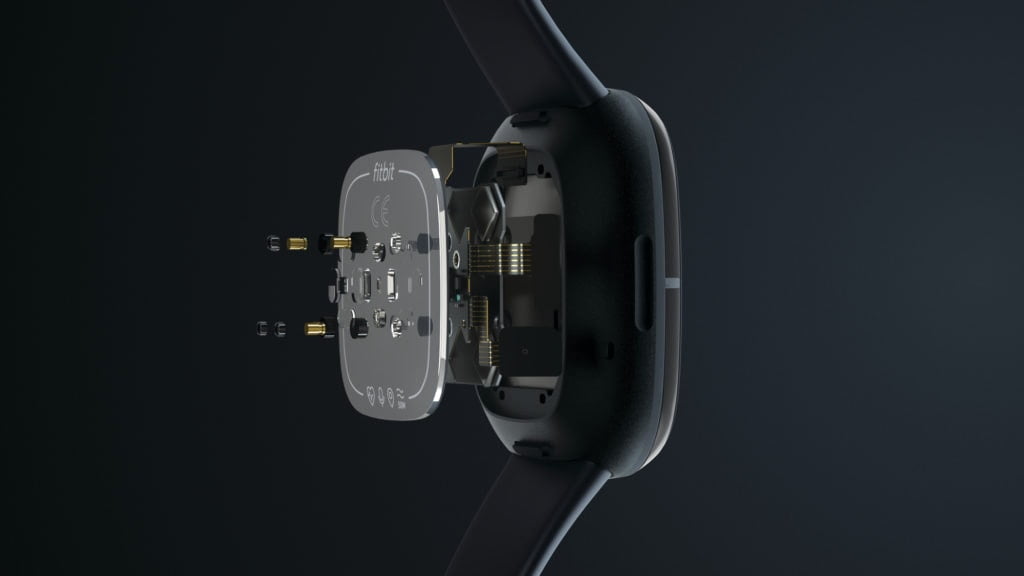
Both watches look good, but I think the Versa 3 may struggle due to competing options. The Fitbit Sense is the star of the show, while it may be quite expensive; it offers a range of features that competing brands don’t.
In particular, there is the skin temperature sensor on the wrist, which no one else currently offers, they have also upgraded the optical HR sensor and the watch can now offer heart rate, ECG, breathing rate, Heart Rate Variability (HRV), SpO2 and electrodermal activity.
COVID-19
Last year some health tracking features such as SpO2 didn’t really offer a great deal of useful functionality. Your lungs tend to be OK or not OK, and most of the time, you will know one way or the other. It can be useful for a handful of conditions such as sleep apnea, though.
With COVID-19 things have changed. SpO2 levels are affected by COVID-19, so in theory, this can be a variable used to identify infection. Skin temperature is a symptom of many viruses and this again can be used as an early warning for COVID-19.
No company has come out with any specific COVID-19 tracking/early warning feature, but Fitbit has talked about their prediction capabilities around illness, and it is likely that these tracking features will be a major selling point for the Sense.
GPS
The first Fitbit watch was the Ionic, and this came with GPS built-in, they then ditched it for the first two Versa watches.
Thankfully it is not included with both the Versa 3 and Sense. This is an important feature for me, and most people serious about fitness tracking, and it brings the two watches inline with pretty much every other fitness or smartwatch available on the market (that’s how stupid it was to not include it with the Versa 1 & 2).
Battery Life
Fitbit claim over 6-days battery life for both watches, which is quite important because it offers them one significant advantage over the Apple Watch S5 and S3.
It also makes them comparable to Garmin, though they Vívoactive 4S has 7 days battery and 8 days for the Vívoactive 4. The Garmin Venu lasts a little less at 5 days
SmartWatch Features
Fitbit can’t compete with Apple when it comes to smartwatch features, but they do have an advantage over Garmin, and other sports watch brands. Fitbit has bother Alexa and Google Assistant (later in 2020) which is something Garmin is unlikely to ever offer.
The FitBit app selection is poor but better than Garmin with options including Uber and Starbucks card and United Airlines.
Fitbit Premium
Fitbit Premium gives you access to guided programmes, advanced insights, advanced sleep tools, dynamic workouts and mindfulness, and this will set you back £80 per year.
You can often access a lot of guided programmes free of charge on Apple or Garmin
My main concern about premium functionality is that it could be used to fence off features that are free on other platforms For example, sleep score breakdown is premium, I am not sure how this differs from other platforms things like Garmin, Huawei, Withings all offer varying degrees of analysis of your sleep.
Third-Party Export – Strava etc
I only mention this because some feature watches brands such as Huawei/Honor/Xiaomi/Realme lack data export to Strava or other services. This is not an issue for Fitbit, Apple or Garmin.
Fitbit Sense vs Versa 3 & Versa 2 vs Apple Watch vs Garmin Venu
| Fitbit Sense | Fitbit Versa 3 | Versa 2 | Apple Watch S3 | Garmin Venu | |
|---|---|---|---|---|---|
| Price | 299.99 | 199.99 | 199.99 | 199 | 260 |
| Display | AMOLED | AMOLED | AMOLED | 272 x 340 AMOLED | 260 x 260 AMOLED |
| Battery | 6 days | 6 days | 6 days | Up to 18 hours | up to 5 days |
| Sensors | Barometric altimeter Optical heart sensor Accelerometer Gyroscope | Barometric altimeter Optical heart sensor Accelerometer Gyroscope | Barometric altimeter Optical heart sensor Accelerometer Gyroscope | Barometric altimeter Optical heart sensor Accelerometer Gyroscope | |
| GPS | Yes | Yes | No | GPS / GNSS | GPS/Glonass/Galleo |
| External Sensors | None | None | None | Yes/Limited Chest strap or app dependant | Yes Chest strap, footpod Cycling cadance and speed |
| Connectivity | Bluetooth, Wifi | Bluetooth, Wifi | Bluetooth, Wifi | Bluetooth, Wifi | Bluetooth, ANT+, WiFi |
| NFC Payments | via Fitbit Pay (limited) | via Fitbit Pay (limited) | via Fitbit Pay (limited) | Apple Pay | Via Garmin Pay (limited) |
| Smart Watch Features | Alexa/Google Music control, offline music Notifications and voice replies Basic apps | Alexa/Google Music control, offline music Notifications and voice replies Basic apps | Alexa Music control, offline music Notifications and voice replies Basic apps | Too many to list. | Notifciations Music control Offline music Basic apps via CiQ |
| Fitness Features | Skin temperature Electrodermal activity SPO2 HRV ECG Sleep tracking Menstrual cycle Steps/Floors climbed/Distance Calories Cardio fitness level HR zones, alerts, max, low Respiration rate Cadence | Sleep tracking Menstrual cycle Steps/Floors climbed/Distance Calories Cardio fitness level HR zones, alerts, max, low Respiration rate Cadence | Sleep tracking Menstrual cycle Steps/Floors climbed/Distance Calories Cardio fitness level HR zones, alerts, max, low Respiration rate Cadence | Sleep tracking Menstrual cycle Steps Distance Calories VO2 Max HR zones, alerts, max, low Cadence Many more, app dependant | Body Battery Stress Tracking Sleep tracking SPO2 Menstrual cycle Steps/Floors climbed/Distance Calories VO2 Max HR zones, alerts, max, low Respiration rate Cadence |
| Water Rating | 50m | 50m | 50m | 5ATM | 5ATM |
Alternative options
Apple Watch Series 3 at £199
Most iPhone users have little reason to opt for anything else over the Apple Watch Series 3 at the £199 price point, and this is likely to include the Fitbit Versa 3. Battery life would be the main factor, and I have to admit, I couldn’t cope with the battery life of the Apple Watch, but my partner doesn’t seem to mind it.
Garmin Vívoactive 4S / Vívoactive 4 / Vivoactive 3 / Instinct / Venu
Garmin doesn’t really have anything at the £200 price point, you can go cheaper or more expensive.
The Garmin Venu is perhaps the watch closest matched to Fitbit due to its AMOLED display. The biggest advantage (for me) that Garmin has is the ability to pair with a chest strap for ore accurate heart rate, but the FitBit offers better general health tracking.
Coros Pace 2 – Around £200
Not really a like for like device, but the just-announced Coros Pace 2 looks to be one of the best options for runners at this price. It features built-in running power, Stryd support, ANT+ for sensors and up to 20 days battery.
Polar Vantage M – £210
The Polar Vantage is another excellent option for people wanting a running watch over a smartwatch cum fitness tracker.
Huawei Watch GT2 (£152) or GT2e (£122)
I loved both of these watches when I reviewed them, they look good have incredible battery life and excellent fitness tracking features. Sadly you can’t export to Strava or pair up with accessories, which makes them a no-go for anyone half-serious about sports tracking. Thankfully they have both dropped a lot in price, so still worth considering. The Huawei Watch GT2 had an RRP of £199, and it would have been hard to recommend it over any of the above at that price.
Overall
Both the new Fitbit watches look good, and are priced appropriately for their feature set.
After years of declining users, I think the Fitbit Versa 2 may struggle to compete with other brands, especially iPhone users who can pick up the Apple Watch S3 for the same price.
It could be argued that the Fitbit sense doesn’t bring £100 worth of additional features to the table over the Versa 3, but due to the current pandemic I can imagine a lot of people will be interested in the potential of early virus detection.
I am James, a UK-based tech enthusiast and the Editor and Owner of Mighty Gadget, which I’ve proudly run since 2007. Passionate about all things technology, my expertise spans from computers and networking to mobile, wearables, and smart home devices.
As a fitness fanatic who loves running and cycling, I also have a keen interest in fitness-related technology, and I take every opportunity to cover this niche on my blog. My diverse interests allow me to bring a unique perspective to tech blogging, merging lifestyle, fitness, and the latest tech trends.
In my academic pursuits, I earned a BSc in Information Systems Design from UCLAN, before advancing my learning with a Master’s Degree in Computing. This advanced study also included Cisco CCNA accreditation, further demonstrating my commitment to understanding and staying ahead of the technology curve.
I’m proud to share that Vuelio has consistently ranked Mighty Gadget as one of the top technology blogs in the UK. With my dedication to technology and drive to share my insights, I aim to continue providing my readers with engaging and informative content.
Last update on 2025-07-02 / Affiliate links / Images from Amazon Product Advertising API

